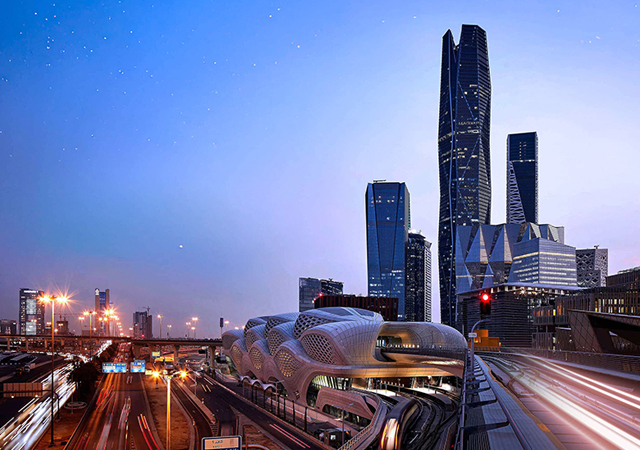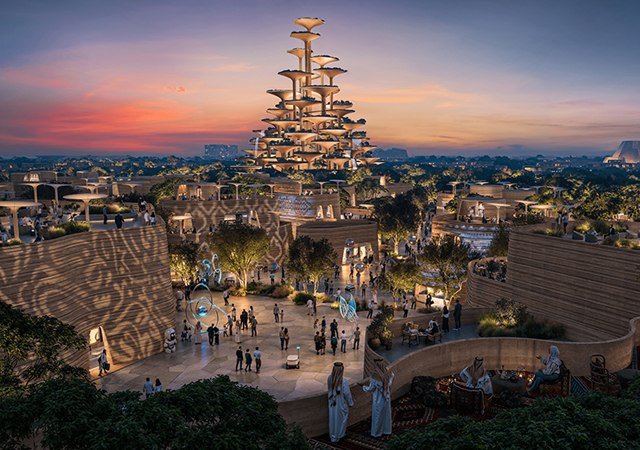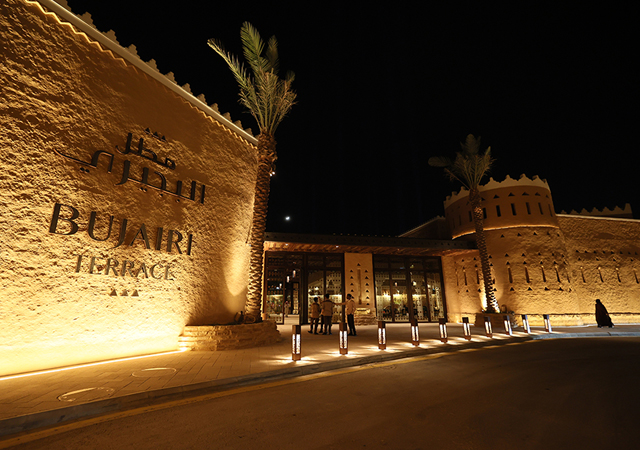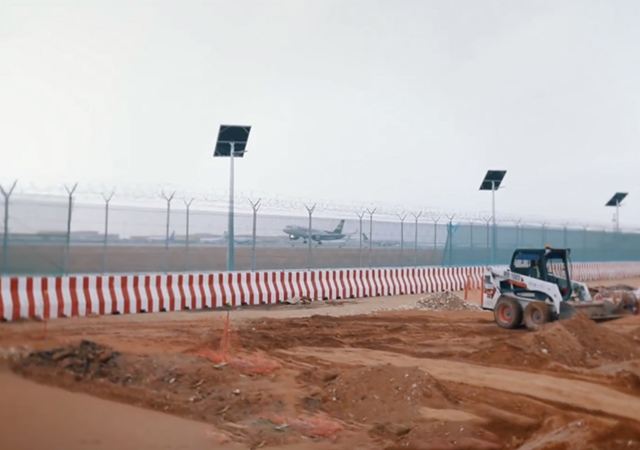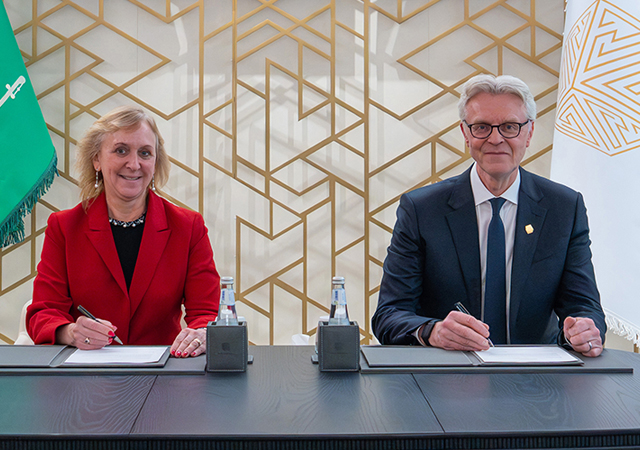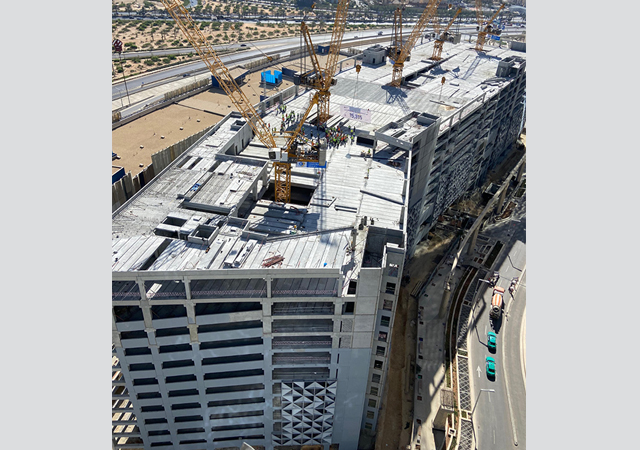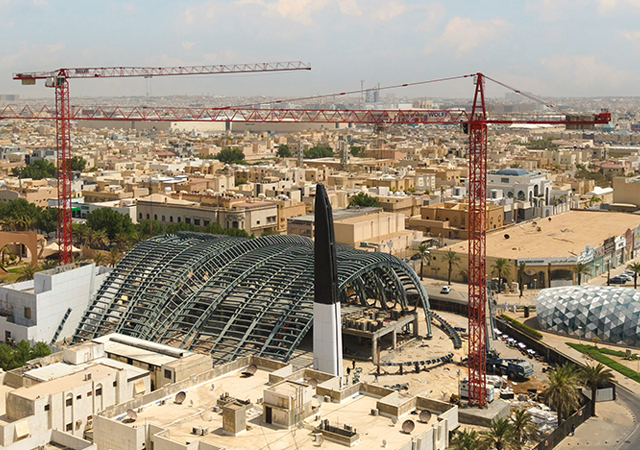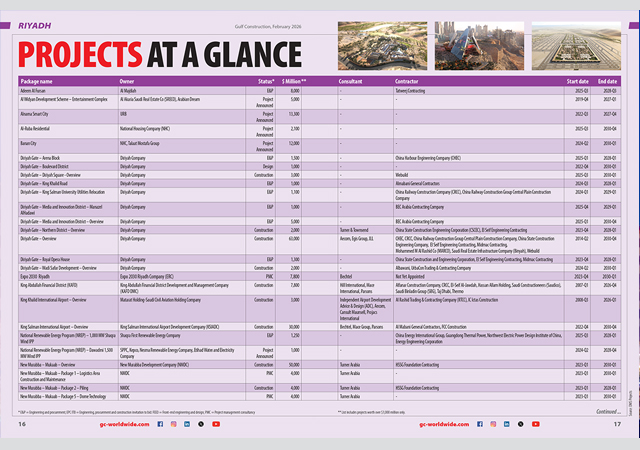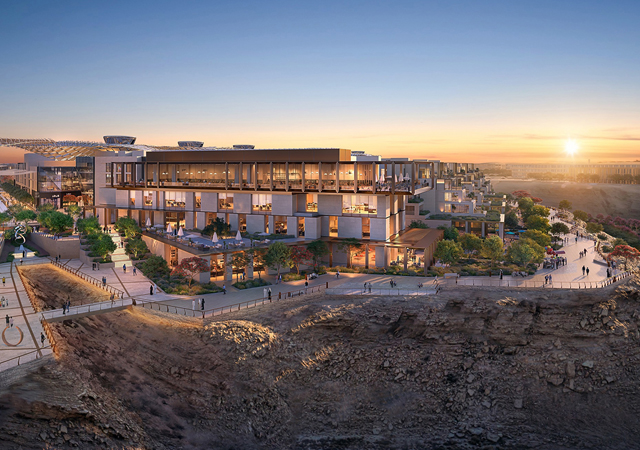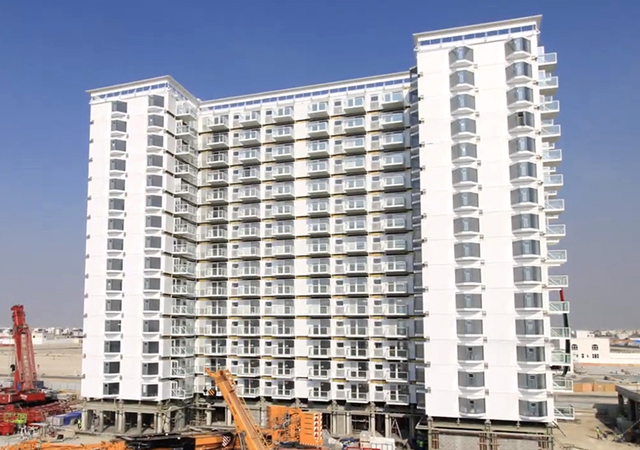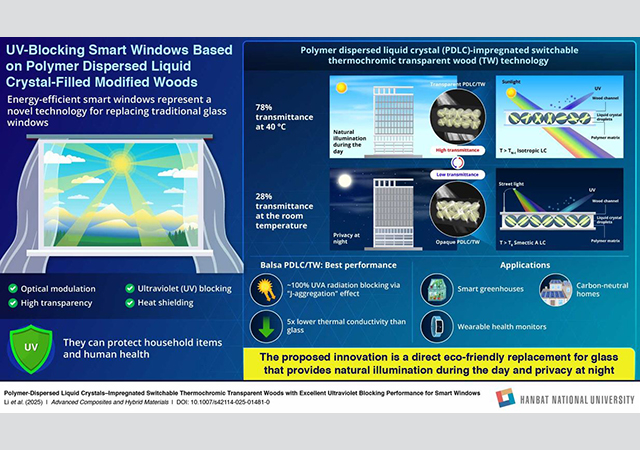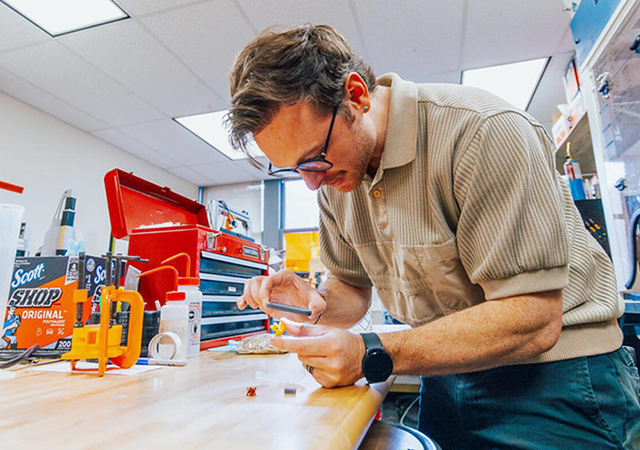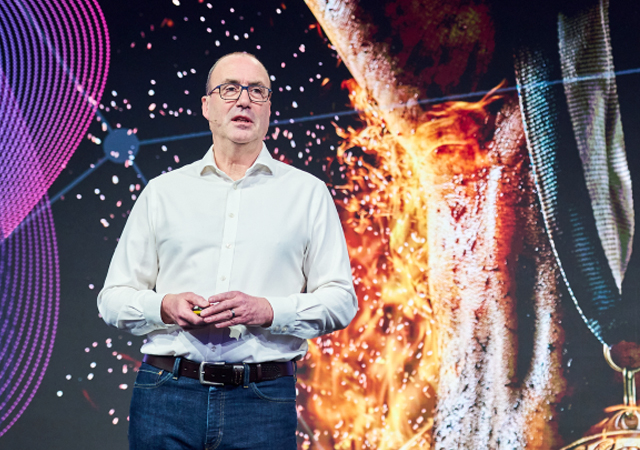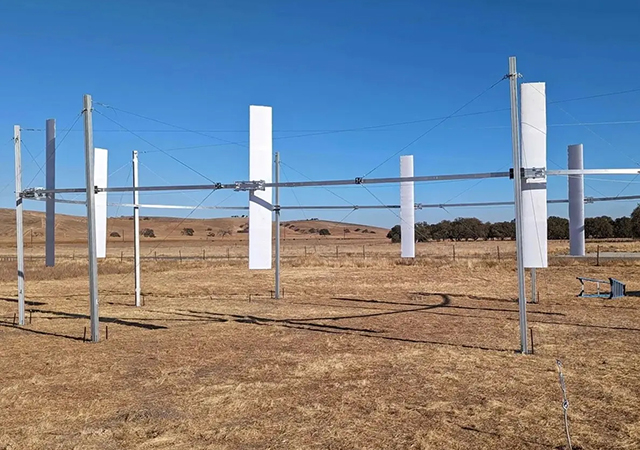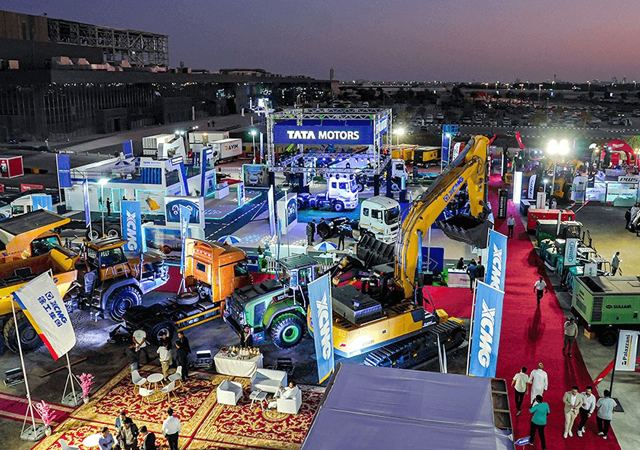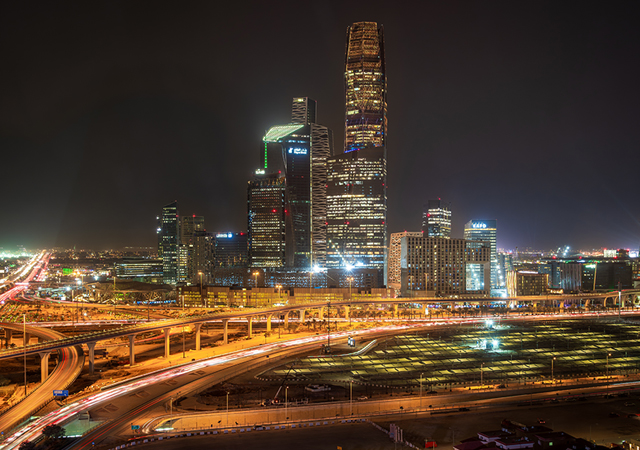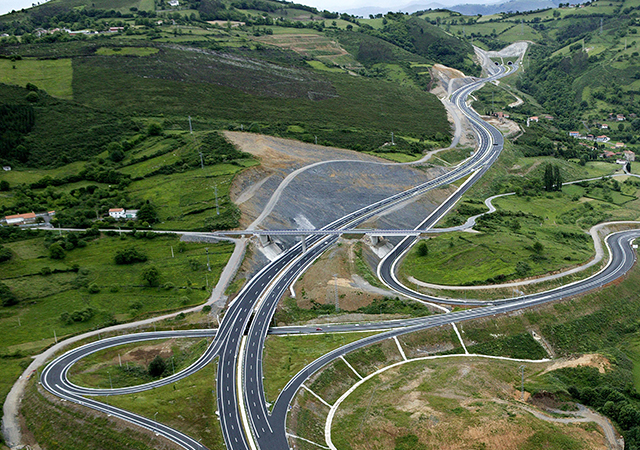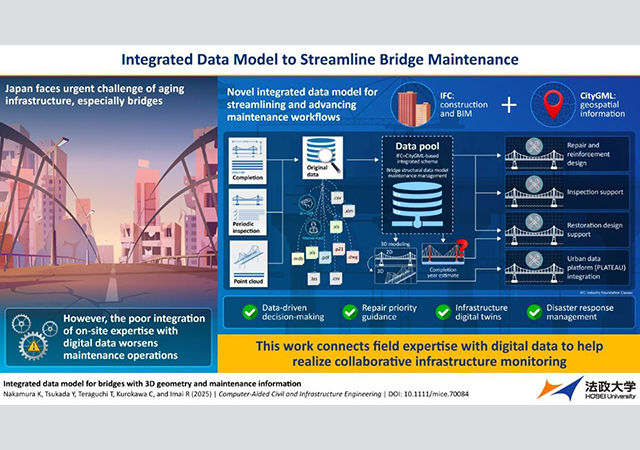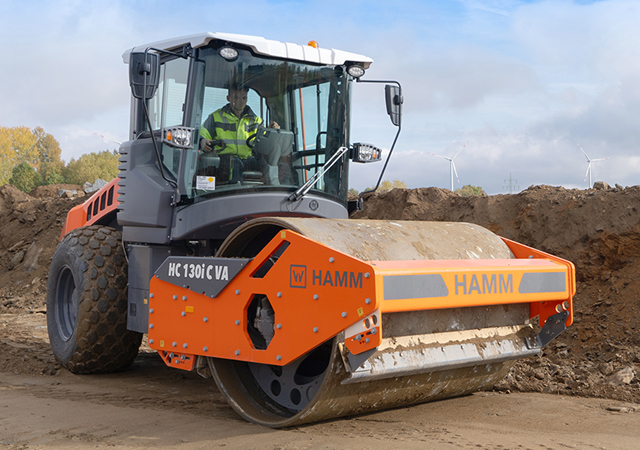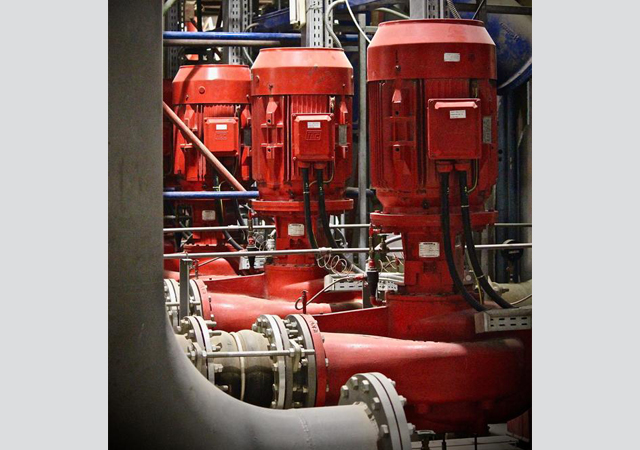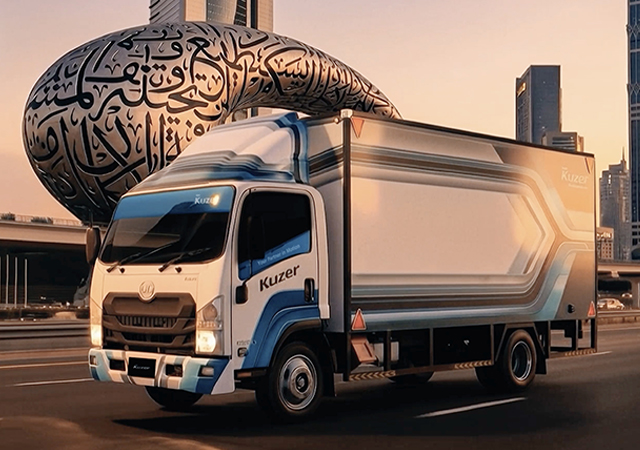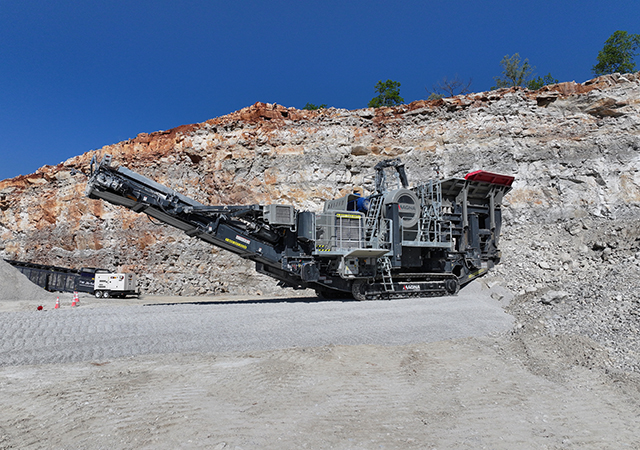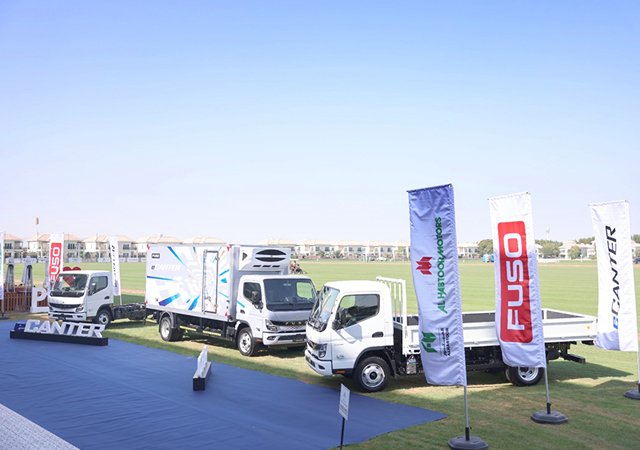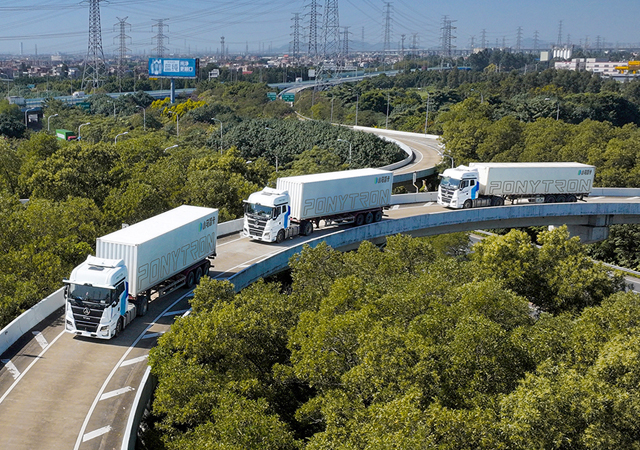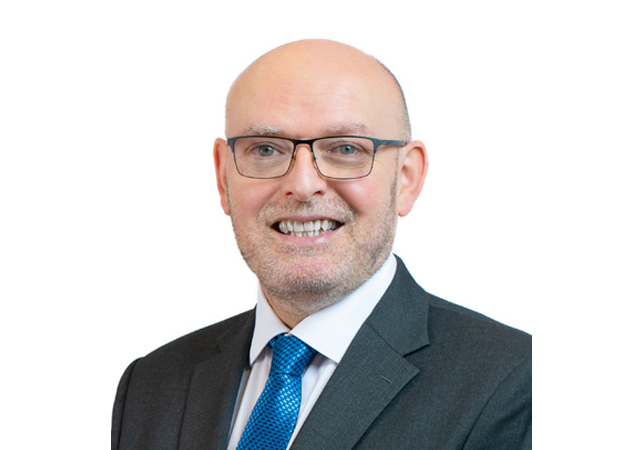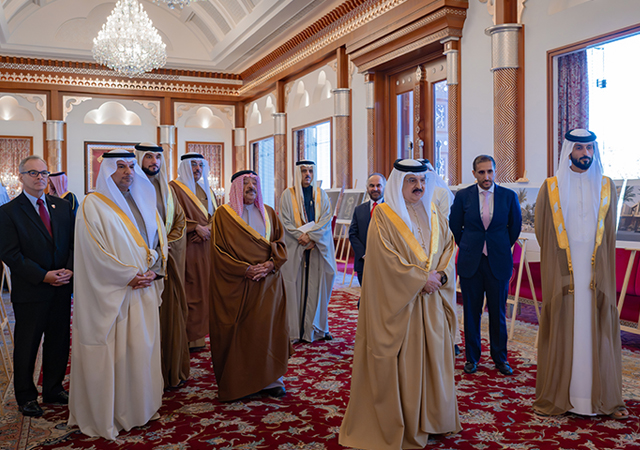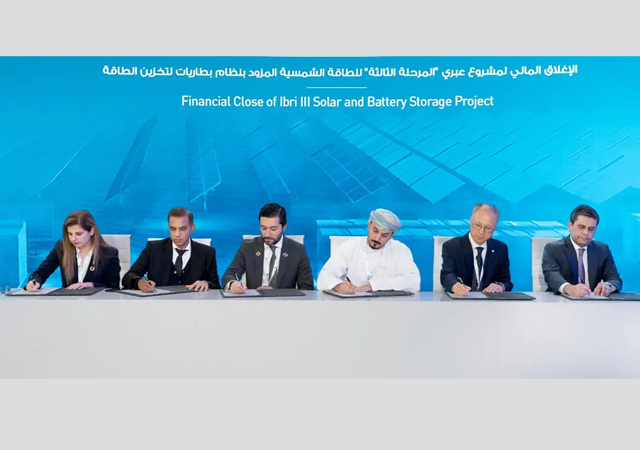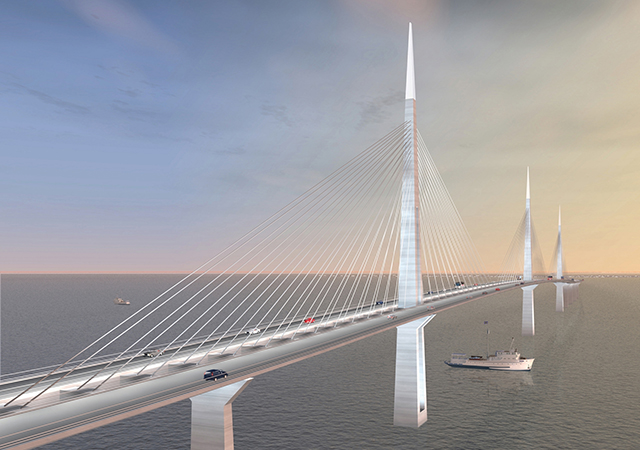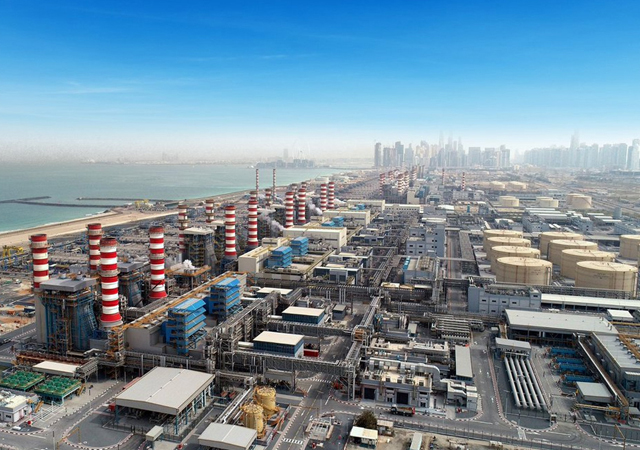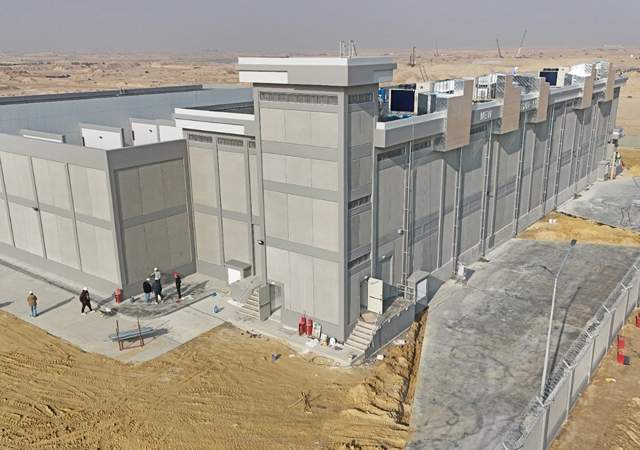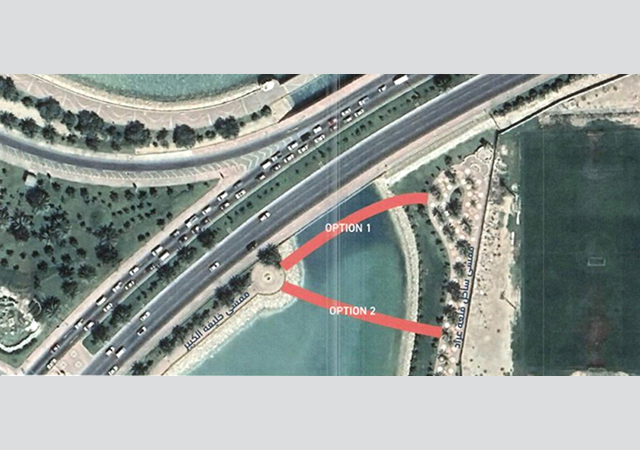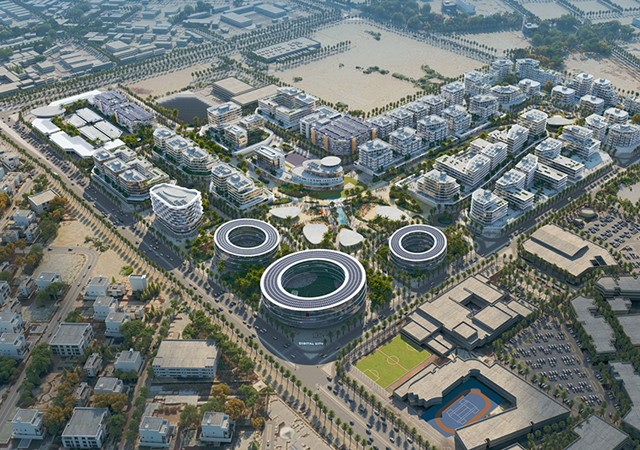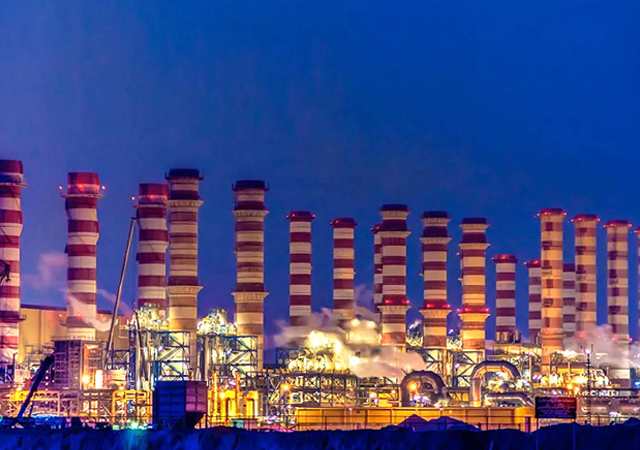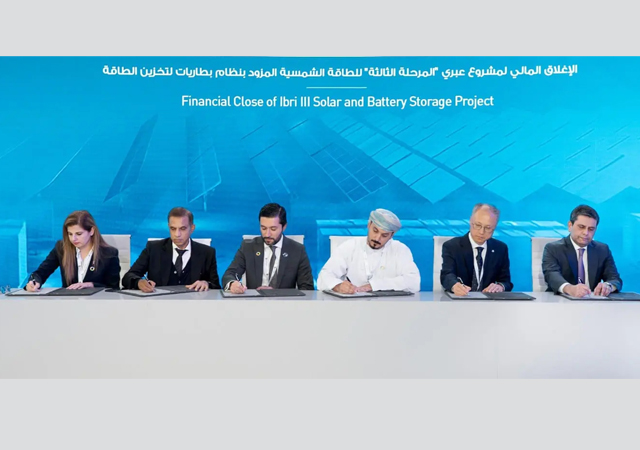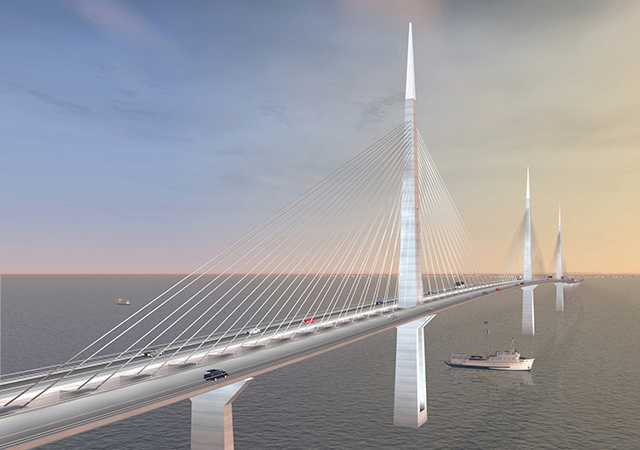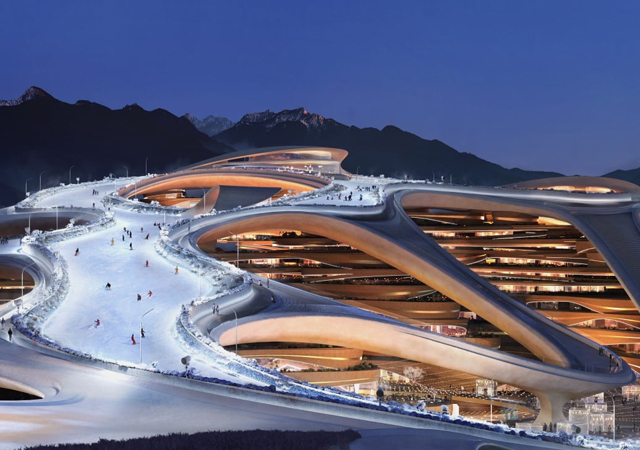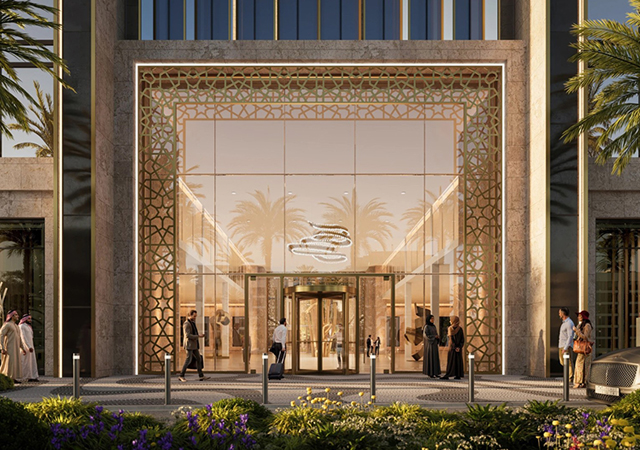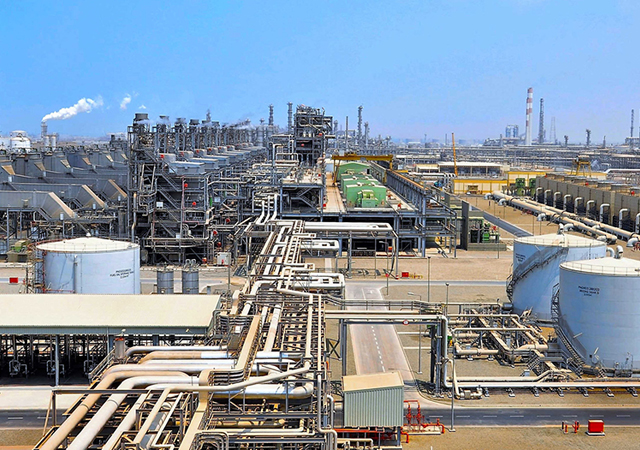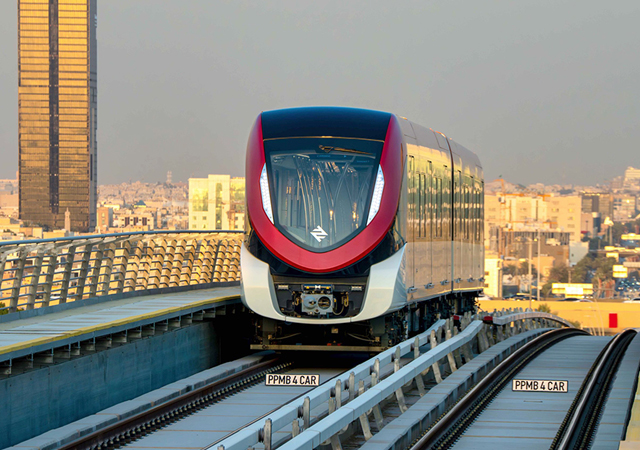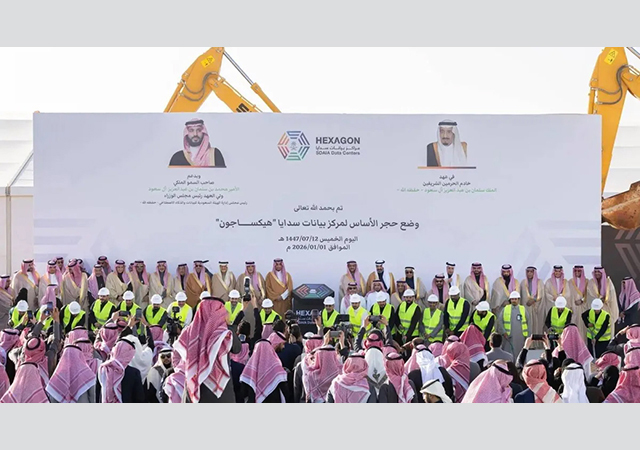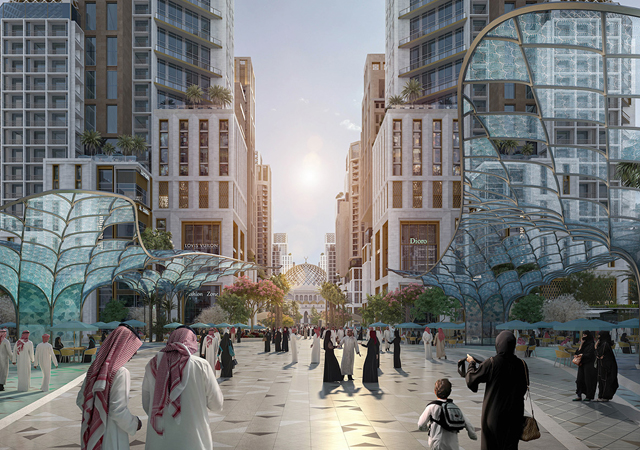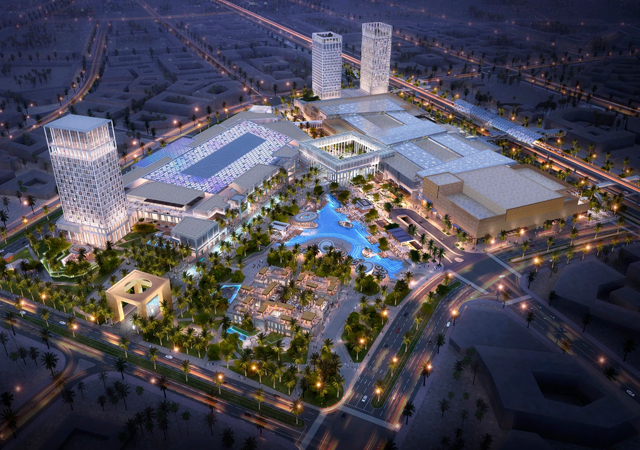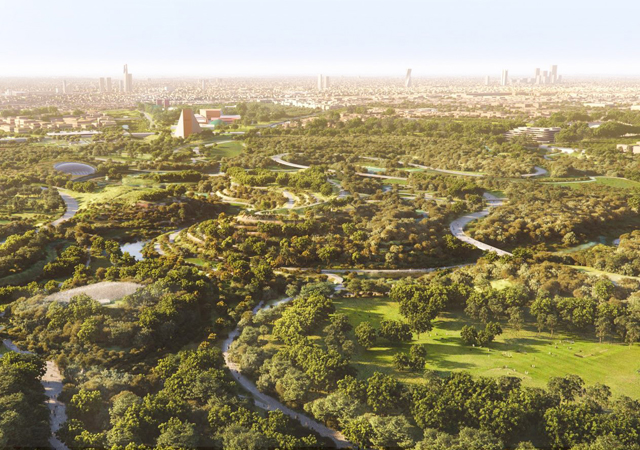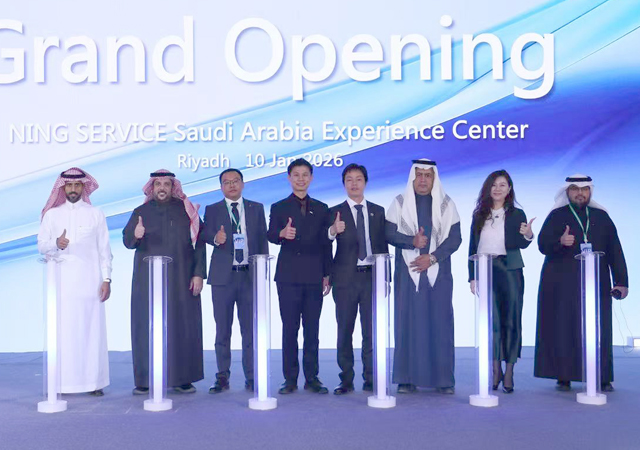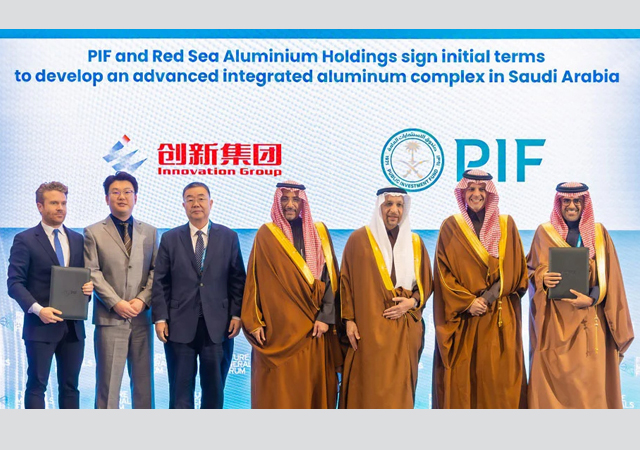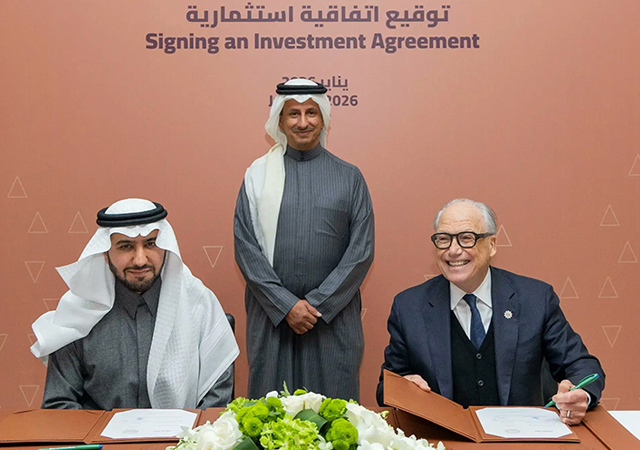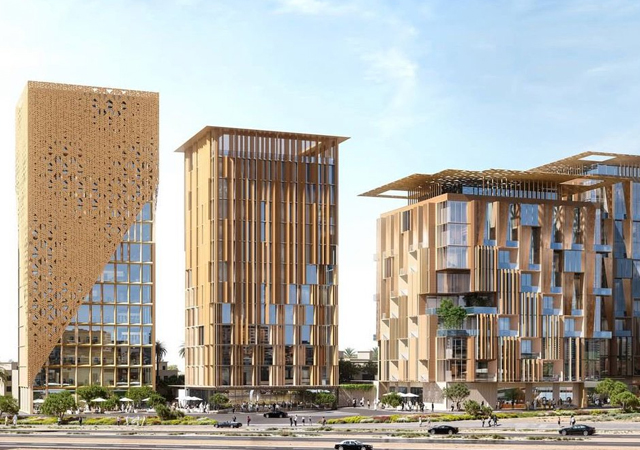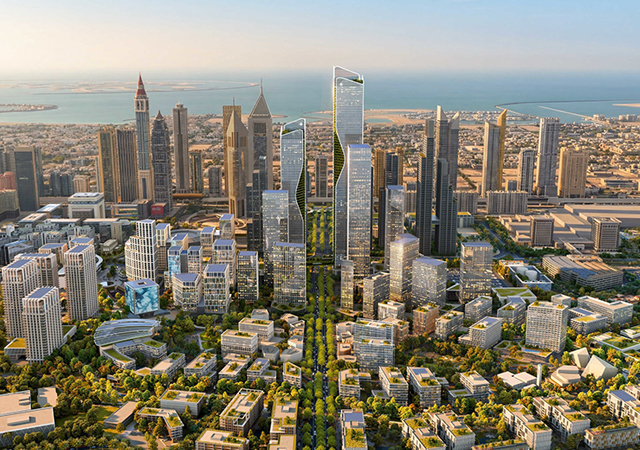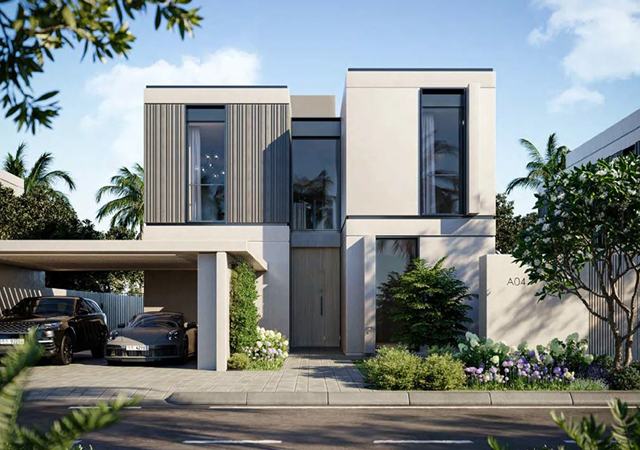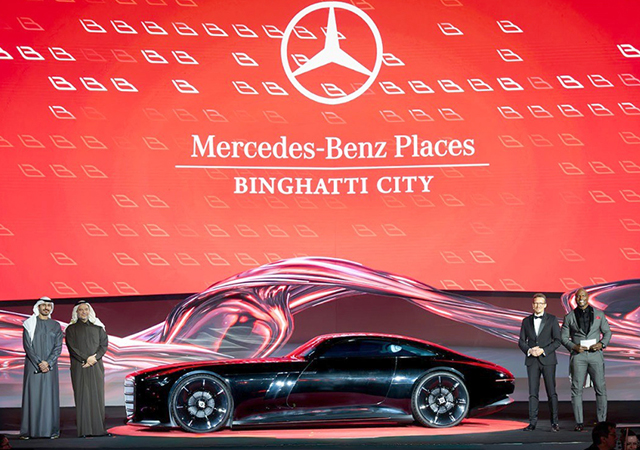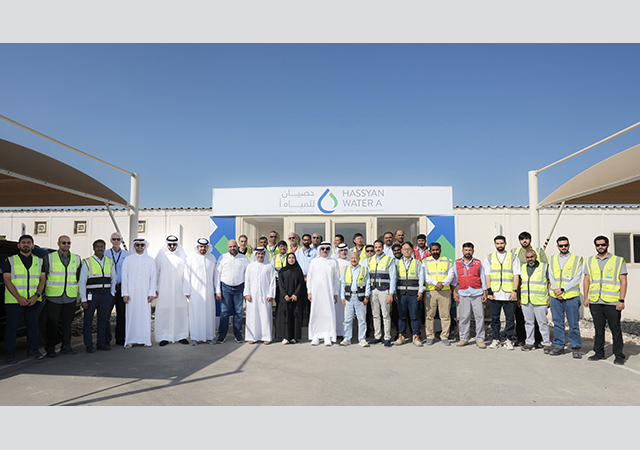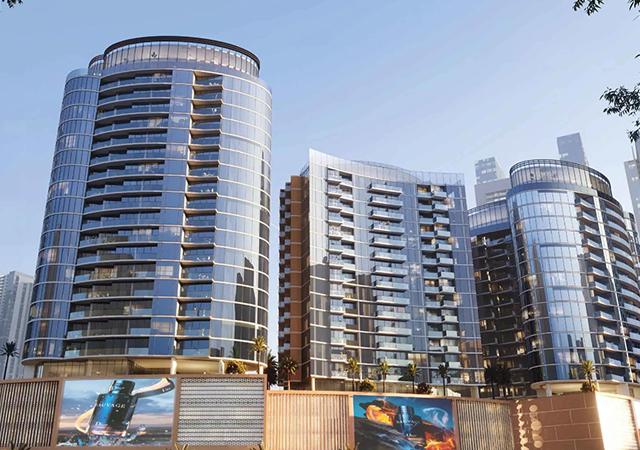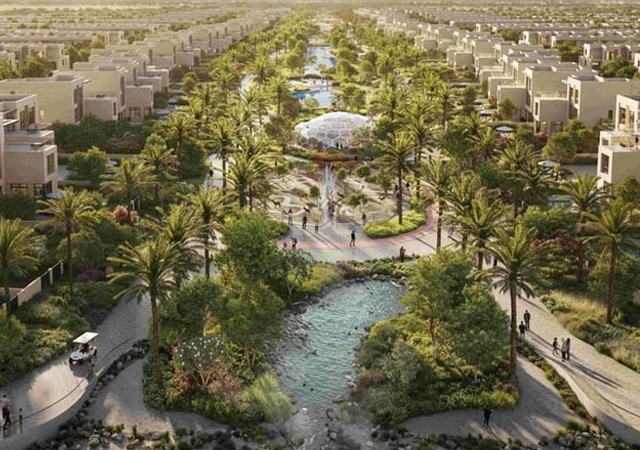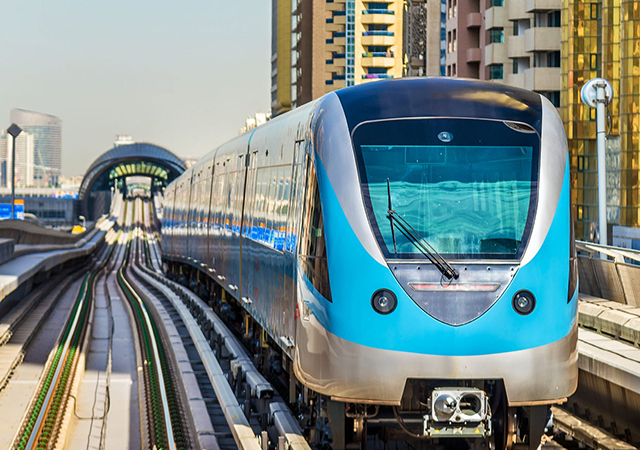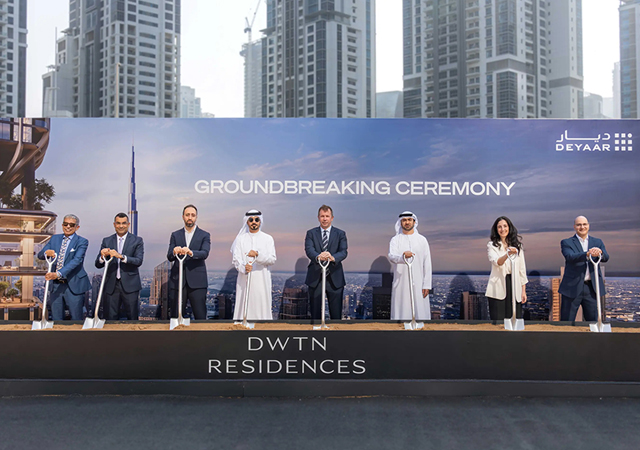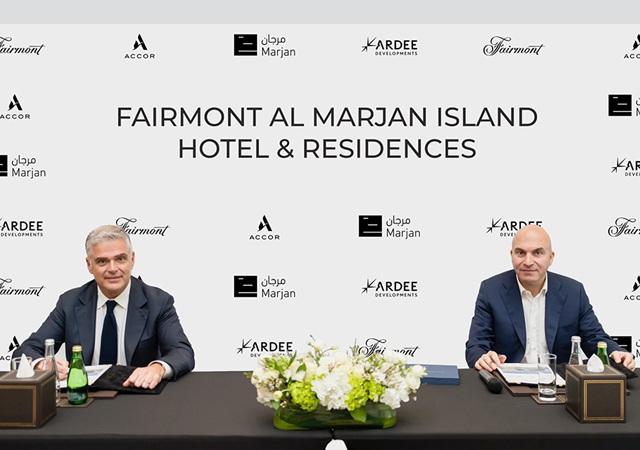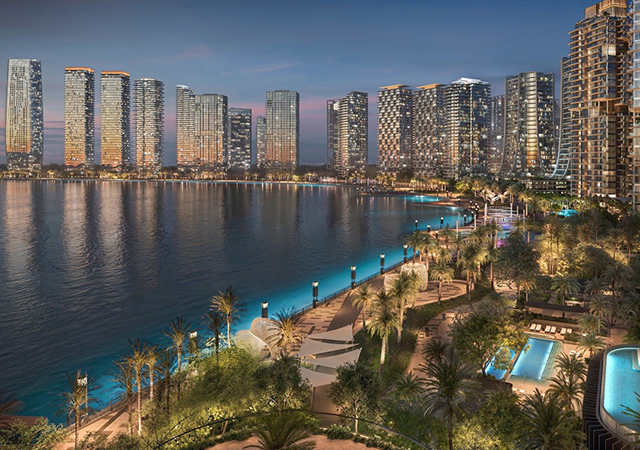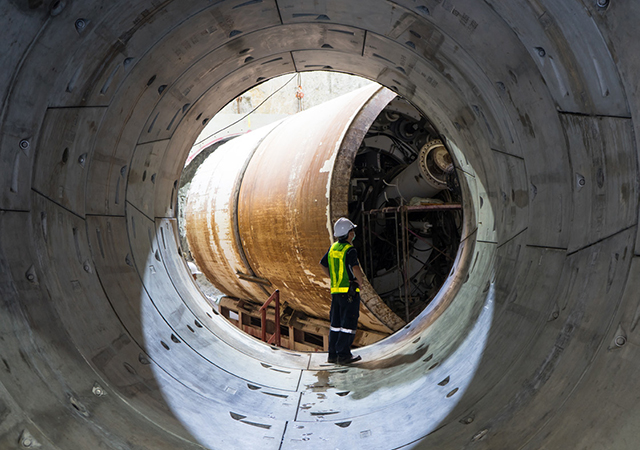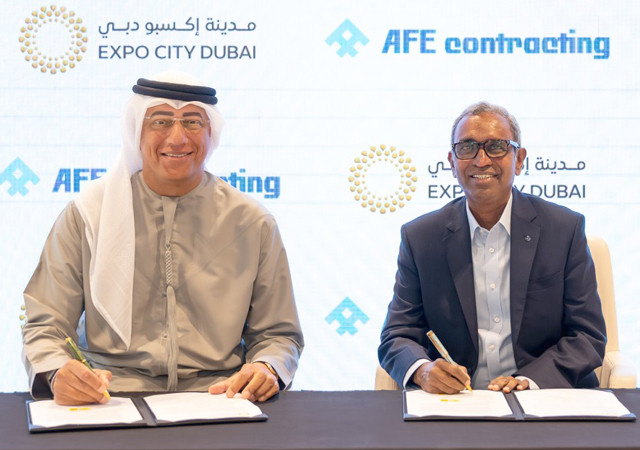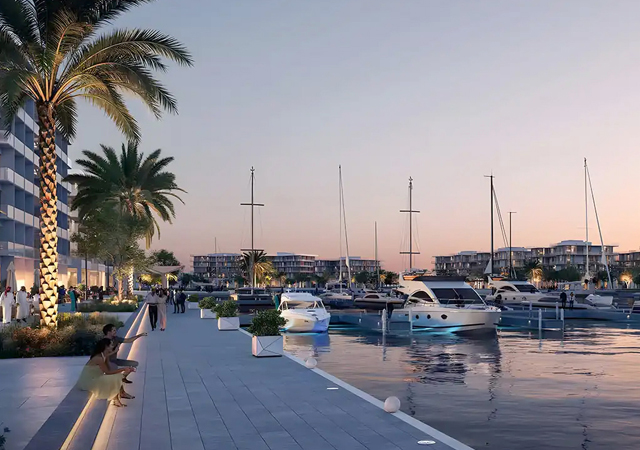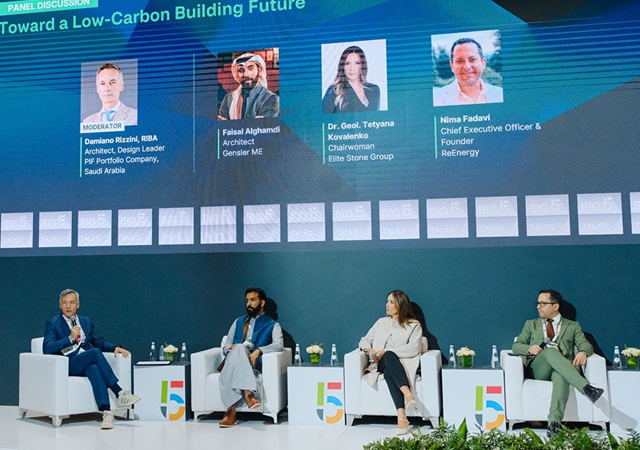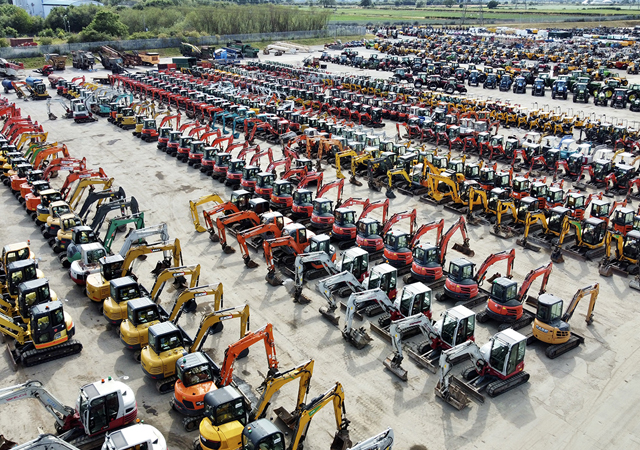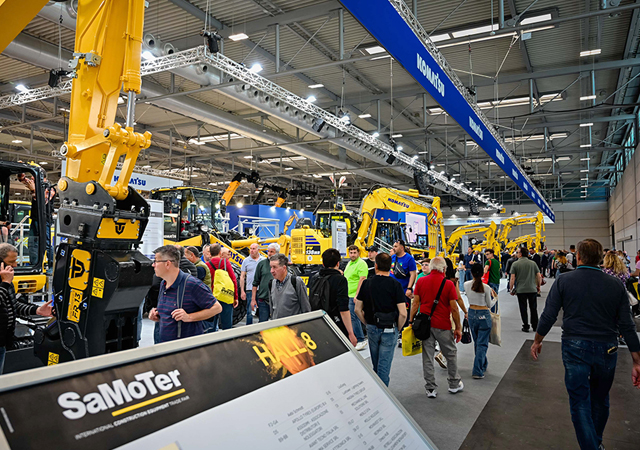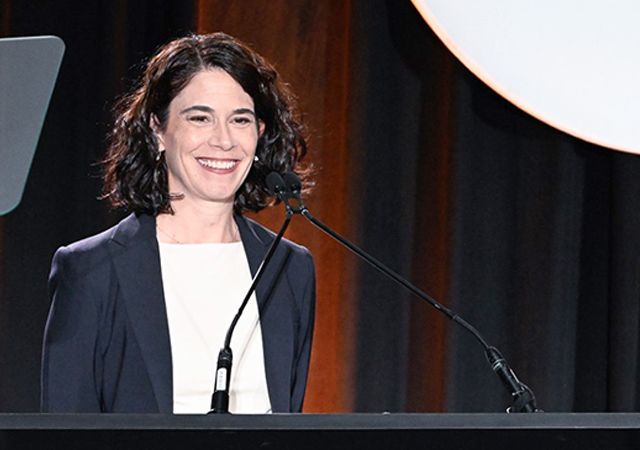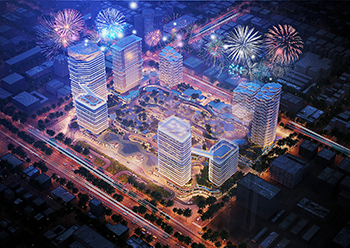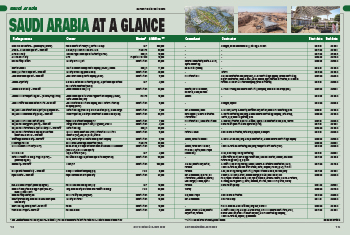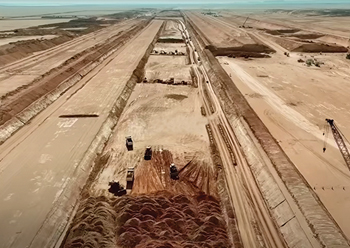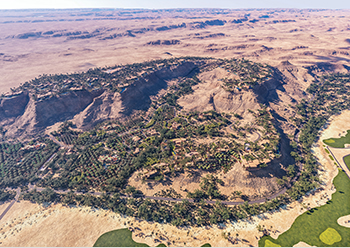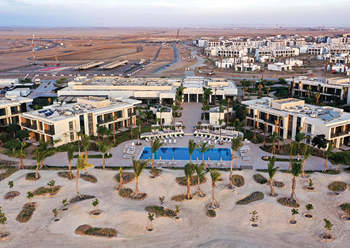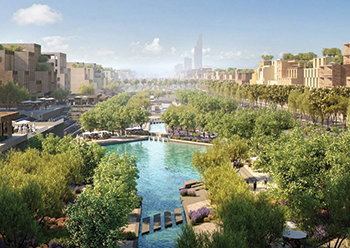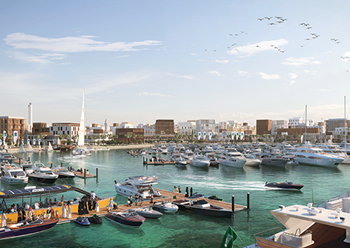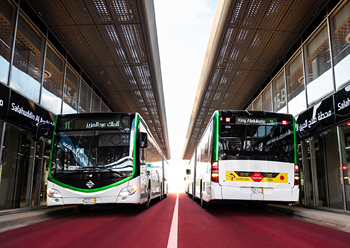

The King Abdulaziz Public Transport Project (KAPTP) – a major initiative in Saudi Arabia aimed at improving the public transportation infrastructure in the country with a bus and a metro network in the capital Riyadh – marked a major milestone with the launch of its first phase of operations in March.
The first phase of KAPTP saw the commencement of a new bus service. To ensure the efficient operation of this service, the Royal Commission for Riyadh City last month appointed SNC-Lavalin, a fully integrated professional services and project management company with offices around the world, to provide the project management services for the operation and maintenance (O&M) of the bus network.
Meanwhile, work on the Riyadh metro, being implemented at a cost of $23 billion, is in the final stages. Expected to be fully operational next year, it is the largest single-phase public transport project ever developed.
The Riyadh Bus Project, including 80 routes and 2,860 bus stations served by 842 buses, is fully integrated with the metro network, connecting the districts of Riyadh with the business and commercial centres. With the capacity to transport over 500,000 passengers, the bus network will serve as a primary means of transportation within residential districts.
.jpg) |
|
Lines Four (Yellow) and Six (Purple) have been completed. |
This service has replaced the existing bus system and has a fleet of modern buses that operate on dedicated lanes to ensure that they are not affected by traffic congestion.
As part of the contract, SNC-Lavalin – in joint venture (JV) with Dorsch Holding GmbH – will provide project management and site supervision services for the O&M of the Riyadh bus network, including managing all assets related to the automatic vehicle management (AVM) and automatic fare collection (AFC) systems, and intelligent infrastructure through a computerised maintenance management system (CMMS).
For the past four years, SNC-Lavalin has successfully delivered programme management and supervision services for the O&M of Riyadh Metro.
The Riyadh metro comprises six lines and 85 metro stations, has been designed to ease traffic congestion in the city and provide a more efficient means of transportation for residents and visitors. The rapid transit system with a total length of 176 km is expected to be completed in 2024. The system uses automated trains that are powered by electricity and operate on elevated tracks and underground tunnels.
According to a source close to the project, Lines 2, 4 and 6 have been completed, and will undergo 90 days of trial running before certification to open to the public. Line 5 is expected to be open to the public by October. The other two lines – Line 1 and 3 – are expected to be completed next year.
In the next phase of expansion, the existing lines is expected to be extended to serve the Diriyah giga-project and the new Mohamed Bin Salman Non-Profit City (Misk City) while new lines will be built to cater to the needs of the rapidly expanding city.
With these ambitious expansion plans on the cards, the metro project is likely to be an important source of business for the construction sector, well after the existing six lines are fully operational by next year.



